GREENFEED aims to be leading sustainable conglomerate in food and agriculture
To deal with negative social and environmental changes, sustainable development and low emissions have become an inevitable global trend.
In Vietnam, one of the countries most affected by climate change, sustainable development demands more attention from all industries. Agriculture is no exception.
| GREENFEED has been a pioneer in its efforts for sustainable development in the agriculture sector and active in response to the government's call for sustainable agriculture and rural development. |
To resolve typical issues in the agriculture industry and global issues, the Vietnamese government has repeatedly encouraged businesses to best use their technological strengths and sustainable development thinking.
In the past, the livestock industry faced many challenges like disease control, food safety, consumer market, and waste treatment. The use of the closed-chain model in livestock production is gradually solving these bottlenecks. However, the model has yet to be widely applied, and its affiliation and efficiency rate needs to be higher.
Facing these problems, GREENFEED has developed the 3F Plus – an integrated food chain (Feed - Farm - Food), which is tightly controlled from animal feed, breeds, and food processing to product distribution. The result of this model is a chain of values, helping to optimise economic efficiency, resource efficiency, and sustainable business.
GREENFEED has been a pioneer in its efforts for sustainable development in the agriculture sector and active in response to the government's call for sustainable agriculture and rural development.
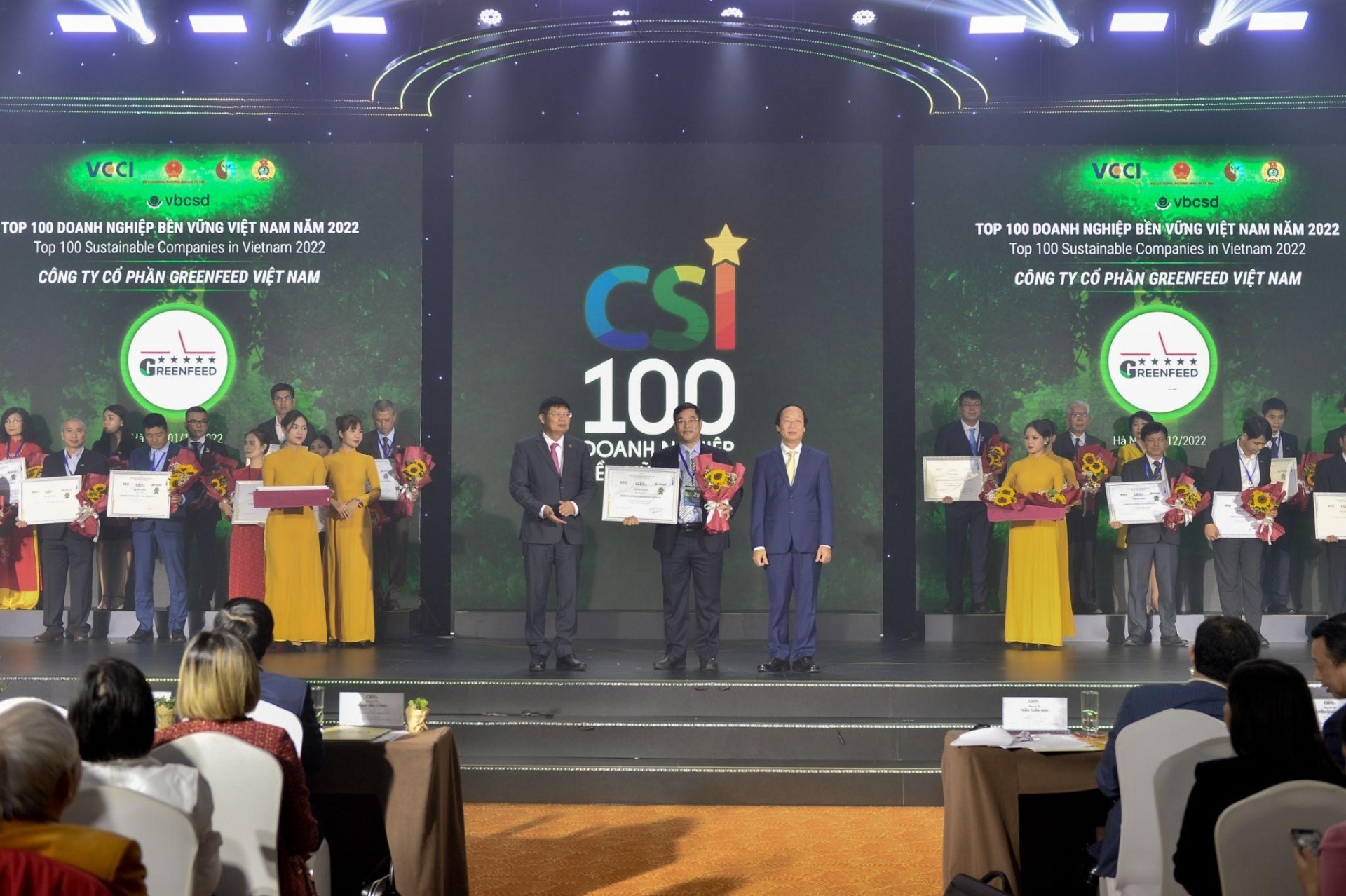 |
| Thanks to effective sustainable development strategies, GREENFEED has been honoured among the Top 100 Sustainable Businesses in 2022 |
Digital applications in sustainable development
To boost efficiency, GREENFEED has bolstered digitisation throughout the chain.
In the first nine months of 2022, digital transformation at the company has helped increase the satisfaction rate of internal customers and partners by 80 per cent, reduce system operating costs by 30 per cent, and optimise time during operation.
In the Food sector, the company has expanded its distribution channels to websites and e-commerce sites to approach online consumers easily.
Additionally, in the Farm sector, GREENFEED officially introduced DigiFarm – an application in 2021 that helps investors and farm owners monitor environmental changes and equipment status on their farms, thereby optimising livestock production efficiency.
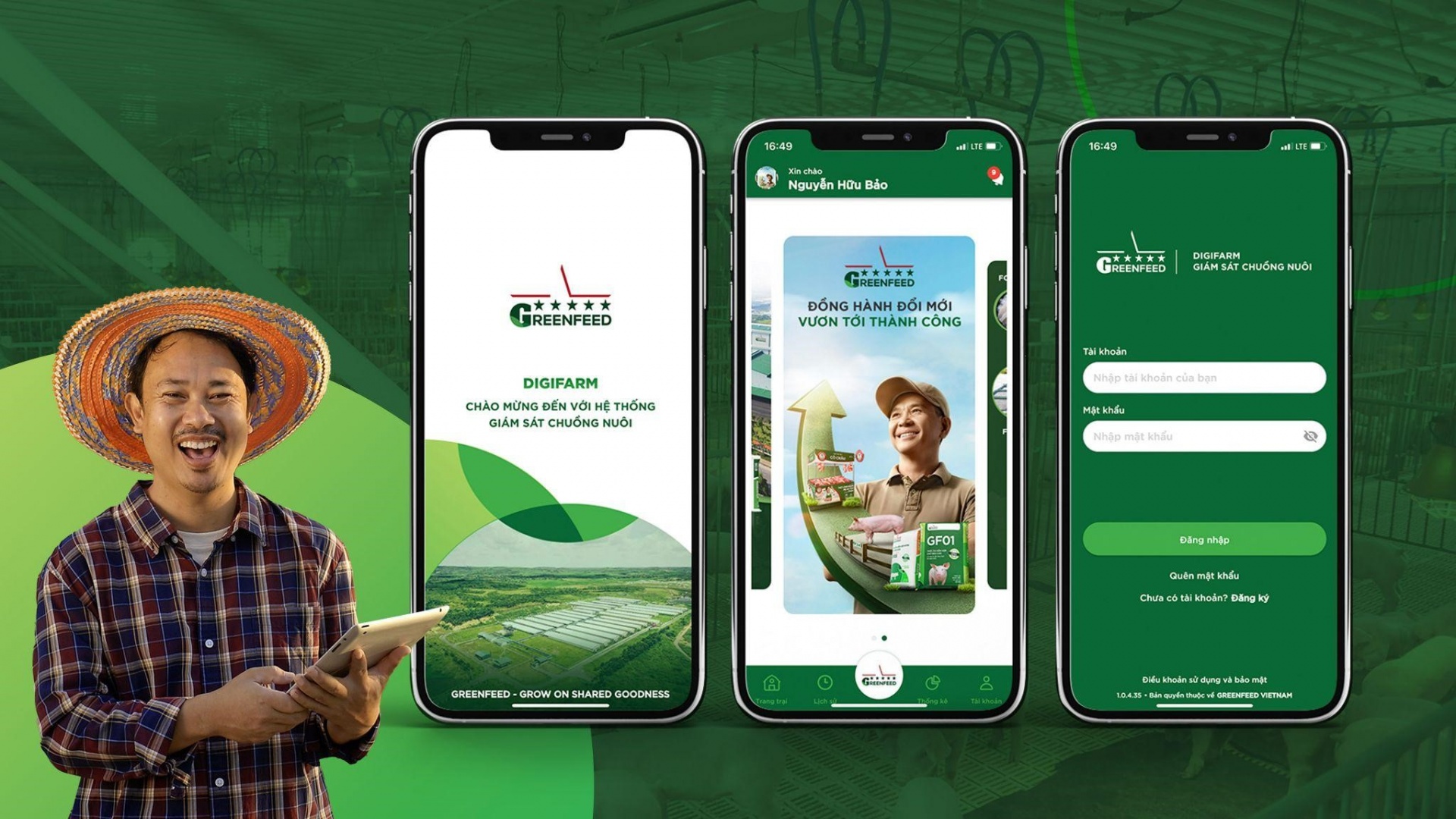 |
| DigiFarm - a practical technology solution for farm management |
Standardising livestock production
Adapting the international standard husbandry process of PIC - the world's leading supplier of genetic technology, GREENFEED has optimised its production chain's productivity and operation costs and ensured the uniform growth of livestock.
GREENFEED's farm operation system is built leveraging European technology, with biosecurity certification from the Department of Animal Health, VietGAP, and Pig Trak traceability.
Since 2011, GREENFEED has relentlessly invested in research and the expansion of its pig farms.
In particular, a breed centre based in Cu Jut, Dak Nong province in the Central Highlands region, has met Asian standards with an investment value reaching $50 million.
In addition to the husbandry process, GREENFEED has been cooperating with PIC to develop preeminent gilt breeds suitable to breeding conditions in Vietnam, bringing high productivity and good quality.
Currently, the company is efficiently allocating an investment amounting to VND1 trillion (equivalent to $43 million) from the International Finance Corporation – a testament to the company’s efforts, in the form of a seven-year bond (since 2011) to expand sustainable livestock production, ensuring a stable and safe food supply for consumers.
Step by step, laying a solid foundation for the sustainable development journey, GREENFEED focuses on carrying out circular economy practices in the 3F Plus chain, wastewater treatment process, and renewable energy conversion, which has yielded numerous initial positive results.
Specifically, the wastewater in livestock production is treated through the biogas recovery system, producing energy to run a generator. Solid waste is being used for composting fertiliser and producing more earthworms, with vermicompost as an end-product to provide nutrients that all plants can benefit from.
In addition, with the deployment of rooftop solar power systems and biomass boilers for feed mills to increase renewable energy sources and reduce greenhouse gas emissions, the company plans to reach net-zero emissions by 2050, contributing to Vietnam’s commitment to achieving its net-zero target and green growth strategy by 2050.
The company also pays great attention to the community and commits to continue taking advantage of its business strengths to outspread goodness to the community, especially women and children, through various programmes, such as Empowering Farmers and Meals of Smiles.
In particular, the Meals of Smiles programme aims to provide 2 million meals by the end of 2022 and 3 million meals by 2024 to help improve Vietnamese children’s meal quality and nutrition.
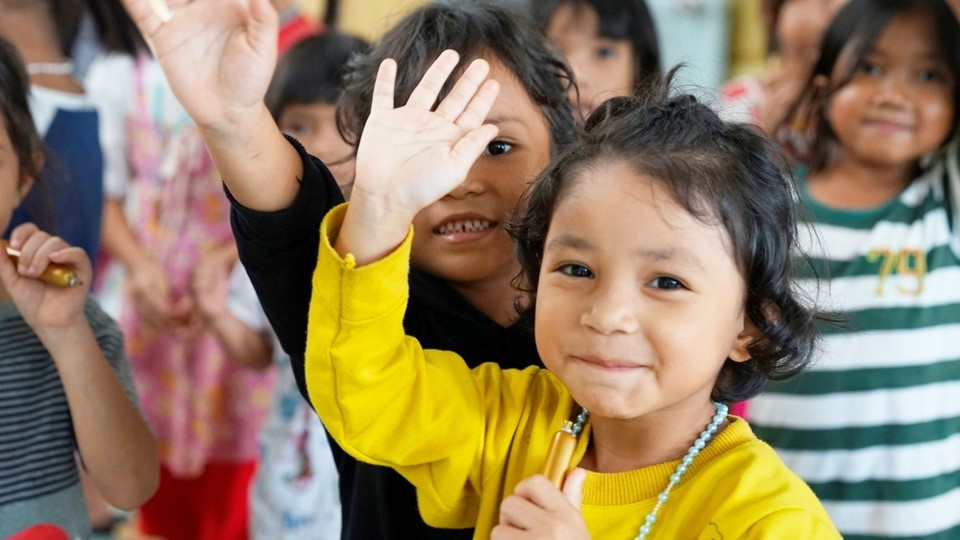 |
| Launched in 2019, GREENFEED's Meals of Smiles has delivered nutritious meals to over 3,000 children |
Intending to become a sustainable business in the Food and Agriculture sector, GREENFEED will continue to actively deploy working environment improvement initiatives, sharing values to the community, and implement circular economy as part of the 2030 Agenda for Sustainable Development.
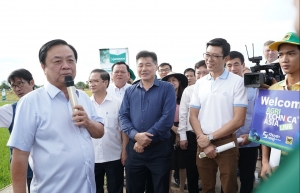 | Bayer Vietnam demonstrates sustainable agriculture at Agritechnica Live 2022 Bayer Vietnam reaffirmed its commitment to contribute to the sustainable development of Vietnam's agriculture by showcasing its innovative solutions for the nation's farmers at the Agritechnica Live Event from August 24 to 26. |
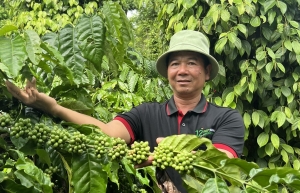 | Vietnam promotes sustainable agriculture The 2022 Press Dialogue programme on COP26 and the Development of Sustainable Agriculture in Vietnam organised by the Vietnam Business Council for Sustainable Development under the Vietnam Chamber of Commerce and Industry (VBCSD – VCCI) and Nestlé Vietnam was successfully held in Buon Ma Thuot city on the weekend of July 23-24. |
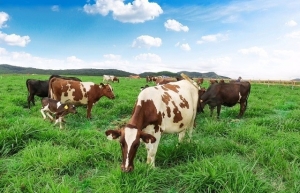 | Prioritising animal welfare within sustainable agriculture As food systems were broken down and many were faced with a vision of food scarcity during the pandemic, the nation now has a new chance to refocus its priorities and create a more sustainable, humane, and effective agricultural sector. |
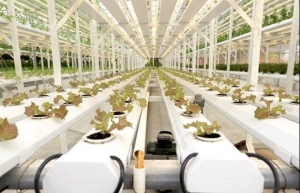 | Hanoi aims to develop smart agriculture The capital city has implemented many high-tech agricultural production models in order to move towards smart agriculture. However, the city will have to pay more attention to promoting the application of science and technology as well as training high-quality labour resources. |
What the stars mean:
★ Poor ★ ★ Promising ★★★ Good ★★★★ Very good ★★★★★ Exceptional
Related Contents
Latest News
More News
- EVN secures financing for Quang Trach II LNG power plant (January 17, 2026 | 15:55)
- PC1 teams up with DENZAI on regional wind projects (January 16, 2026 | 21:18)
- Innovation and ESG practices drive green transition in the digital era (January 16, 2026 | 16:51)
- Bac Ai hydropower works stay on track despite holiday period (January 16, 2026 | 16:19)
- Fugro extends MoU with PTSC G&S to support offshore wind growth (January 14, 2026 | 15:59)
- Pacifico Energy starts commercial operations at Sunpro Wind Farm in Mekong Delta (January 12, 2026 | 14:01)
- Honda launches electric two-wheeler, expands charging infrastructure (January 12, 2026 | 14:00)
- Vietnam striving to ease air pollution (January 09, 2026 | 14:41)
- Petrovietnam Gas awards first multi‑year LNG deal to Shell (January 09, 2026 | 14:38)
- Advancing the net-zero journey: Carlsberg Vietnam’s sustainability progress in 2025 (January 09, 2026 | 09:49)

 Tag:
Tag:



























 Mobile Version
Mobile Version